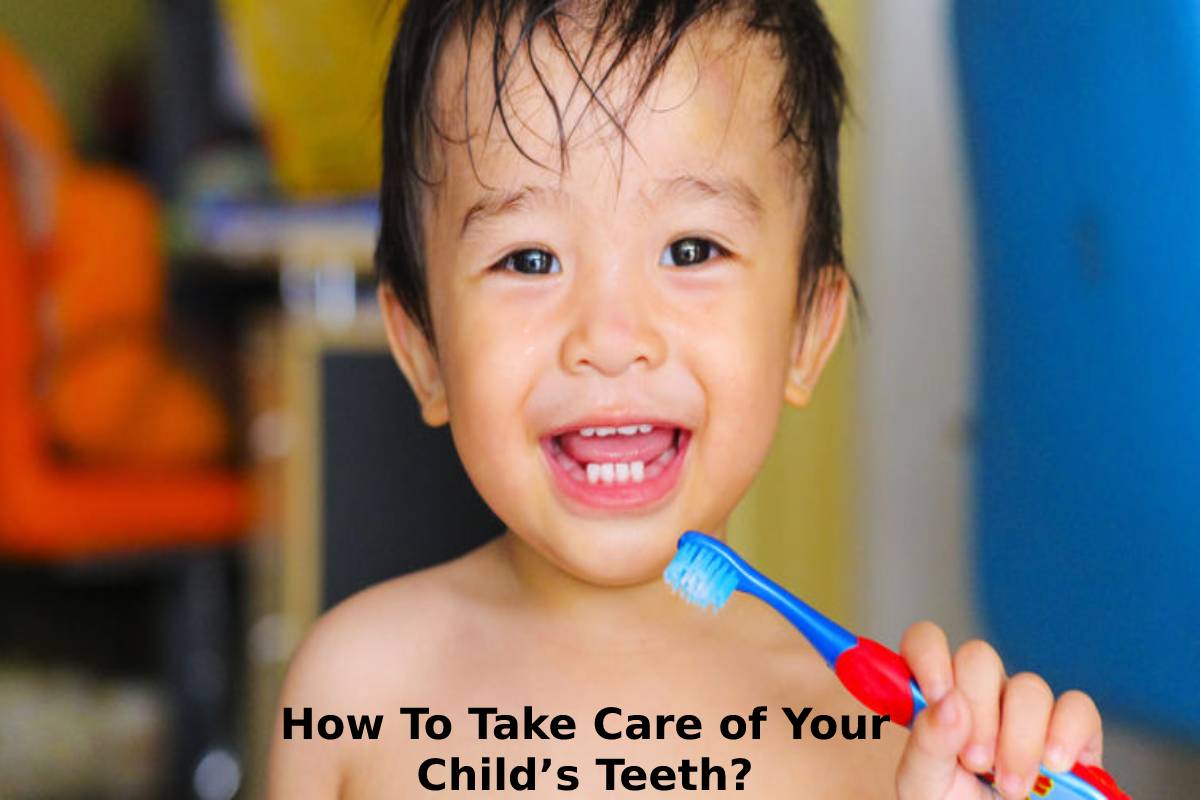When it comes to raising a child’s, physical and mental development is usually in the limelight. This also includes proper teeth development.
A lot of parents don’t know much about optimal dental practices and when they should visit a dentist for the first time. In this article, we will answer some of the main questions regarding child dental hygiene.
When is the best time to start brushing?
“You should start brushing baby’s teeth as soon as they become visible,” says Kyle Hornby, a renowned family dentist in Kitchener, Ontario. They will start forming during the second trimester, and when a baby is born, it will have 20 fully developed teeth in the jaw.
Brushing a baby’s teeth is a bit different from how adults brush their own.
- The parents should regularly clean the baby’s gums with a damp washcloth. That would help remove some of the harmful microbes.
- You will need to buy an infant toothbrush and start cleaning the baby’s teeth as soon as they appear. Put a tiny bit of ADA-approved toothpaste. Keep in mind that the baby will likely swallow some of the toothpaste, so use minimal quantity.
- When the baby’s teeth are big enough to touch each other, you can start flossing.
- When the infant reaches the age of 2, you will have to teach it how to spit the water and toothpaste. At around 3 years of age, you can slightly increase the amount of toothpaste, but don’t put too much.
As bad as this sounds, even babies can get cavities. Small things that parent do can completely ruin their dental health. For example, you shouldn’t put your baby to sleep while it has a bottle. Various types of sugar are very hazardous as they will remain on the teeth’ surface for hours, destroying the enamel.
These practices can lead to a problem dentists refer to as “baby bottle tooth decay.” The organ will change its natural color, becoming pitted and pocketed. A dentist might even have to pull out the tooth if the situation becomes serious.
When to visit a child dentist?
According to ADA, parents should schedule the first visit before the child’s first birthday. The purpose of this visit is mostly to educate the parents and demonstrate the proper flossing and brushing techniques. Additionally, the medical expert will perform a minor exam checking the state of the baby’s teeth.
One of the great benefits of these initial visits is that they will make the baby accustomed to dentists (and doctors, in general). Of course, it is best that you visit a pediatric dentist. These professionals specialize in common kids’ problems, and they are pretty good at calming the child if it starts crying.
If dentists think that the child is at risk of developing a problem, they can apply fluoride. The substance can help strengthen enamel. A simple application of topical fluoride can significantly reduce the odds that an infant will suffer from early cavities.
How to prevent dental issues?
Cavities are caused by bacteria that stay on our teeth after eating food. They accumulate and start creating acid, which softens teeth and creates holes. Like with adults, proper dental hygiene is the only way to prevent the problem:
- Your kids should know how to brush from an early age. Furthermore, they need to floss regularly.
- Fluoride is crucial for healthy teeth. The substance provides solid protection against acid created by bacteria. Giving a child fluoride supplements from an early age can prevent these issues while also making their teeth stronger in the long run. However, you should be very cautious with these products. Using too much fluoride can lead to discoloration. Ideally, your dentist should prescribe the right treatment.
- Your child shouldn’t eat certain types of food. Some sweets are notorious for their sugar content. If you don’t give kids treats, they are also less likely to develop a sugar habit at a later age. If you do decide to give them sweets, make sure they brush after every consumption. The same can be said for certain syrups and liquid medicines with sweeteners.
When the baby’s permanent teeth emerge, a pediatric dentist can protect them by placing a sealant. This is a thin layer that goes over molars. Back teeth are especially endangered as they are hard to reach with a toothbrush.
Even if you decide to place a sealant, that doesn’t mean that a child shouldn’t stop brushing and flossing regularly. In the end, this protective layer works for back teeth.

